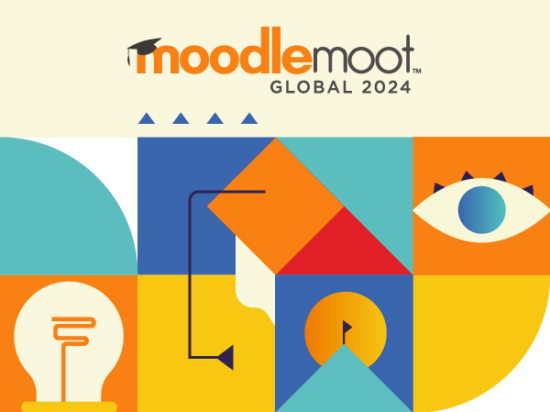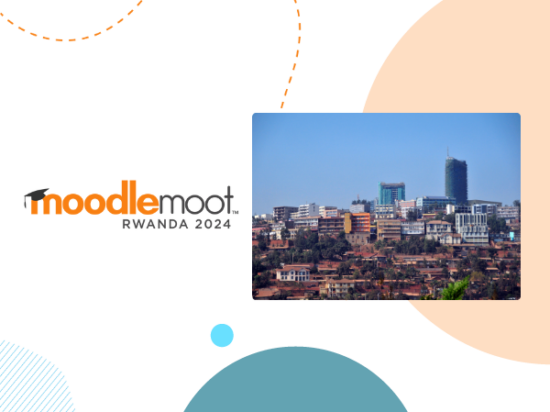International Day of Education 24 January 2022
Education is the foundation for our future – we must strengthen education as a global common good to make a peaceful, just and sustainable world.
The fragility of our humanity and planet has been highlighted throughout the global pandemic and as the world stands at a turning point, UNESCO’s International Day of Education on 24 January acknowledges the power of education to bring about profound change and is a call to action to renew our collective commitment to “ensure inclusive and equitable quality education and promote lifelong learning opportunities for all.” (UNESCO Sustainable Development Goal 4)
“Reimagining our futures together: A new social contract for education”
In November 2021, UNESCO released a new global report titled “Reimagining our futures together: A new social contract for education”. The report, which involved over a million people in the global consultation process, calls for society to cooperate for shared benefit and is grounded in the understanding that education should repair injustices while transforming the future.
The starting point is a shared vision of the public purposes of education underpinned by two foundational principles; the right to quality education throughout life and, education as a public endeavour that enables individuals and communities to flourish together.
What are the proposals for renewing education?
UNESCO’s “Reimagining our futures together: A new social contract for education” report identifies that:
- “Pedagogy needs to move from a focus on teacher-driven lessons centred on individual accomplishment to instead emphasise cooperation, collaboration and solidarity.
- Curricula are often organised as a grid of subjects and need to shift to emphasise ecological, intercultural and interdisciplinary learning.
- Teaching needs to move from being considered an individual practice to becoming further professionalised as a collaborative endeavour.
- Schools are necessary global institutions that need to be safeguarded. However, we should move from the imposition of universal models and reimagine schools, including architectures, spaces, times, timetables, and student groupings in diverse ways.
- In all times and spaces of learning we should move from thinking of education as mostly occurring in schools and at certain ages, and instead welcome and expand educational opportunities everywhere for everyone.” (1)
A call to action
The UNESCO Future of Education report calls for commitment to social dialogue and thinking to overcome discrimination, marginalization and exclusion. It explains that a new social contract for education will be built through exchange of knowledge across borders and millions of individual and collective acts – acts of courage, leadership, resistance, creativity, and care. It will require contribution from everyone – from teachers to students, from academics and research centres, from institutions to governments, and NGOs to organisations.
Crucially, teachers are identified at the heart of education renewal and providing them with the recognition and professional support to collaborate and innovate will have a strong influence on the futures of learning. Finally, the report acknowledges that “technology is crucial in transforming the future of education but must be rooted in inclusion and quality. It begins with ensuring that digital tools benefit all and are at the service of all”. (1)
The role of open education
At Moodle, we support open education as crucial to reimagining and renewing education for our collective benefit. At its core, this movement recognises that an empowered teacher or educator requires access to quality resources, skills and tools in order to facilitate the education of a group of people. This includes open methods in accessing resources, an equitable approach in how to use resources and tools effectively and an open ed tech infrastructure that is reliable and accessible to all. Moodle supports the open education movement in three key ways.
- Moodle LMS is, and will always remain, open source which means that the “source code” is licensed in a way that allows anyone to download the entire software for free, to change how it works by writing new code to add features to it. It also allows organisations or institutions to own their own infrastructure.
- Moodle Academy is the home for learning everything about online education with Moodle. It provides educators, administrators, designers or developers with a community of best practice, interaction and free professional development.
- MoodleNet is our new social network designed to help teachers collect, curate and share open educational resources.
For International Day of Education in 2022, we encourage you to get involved and become part of the open education movement and UNESCO’s new social contract for education.
References:
https://en.unesco.org/commemorations/educationday
https://unesdoc.unesco.org/ark:/48223/pf0000379707
https://opensource.com/resources/what-open-education
https://en.unesco.org/themes/building-knowledge-societies/oer
https://unesdoc.unesco.org/ark:/48223/pf0000379707.locale=en
(1) https://en.unesco.org/news/what-you-need-know-about-unescos-futures-education-report



